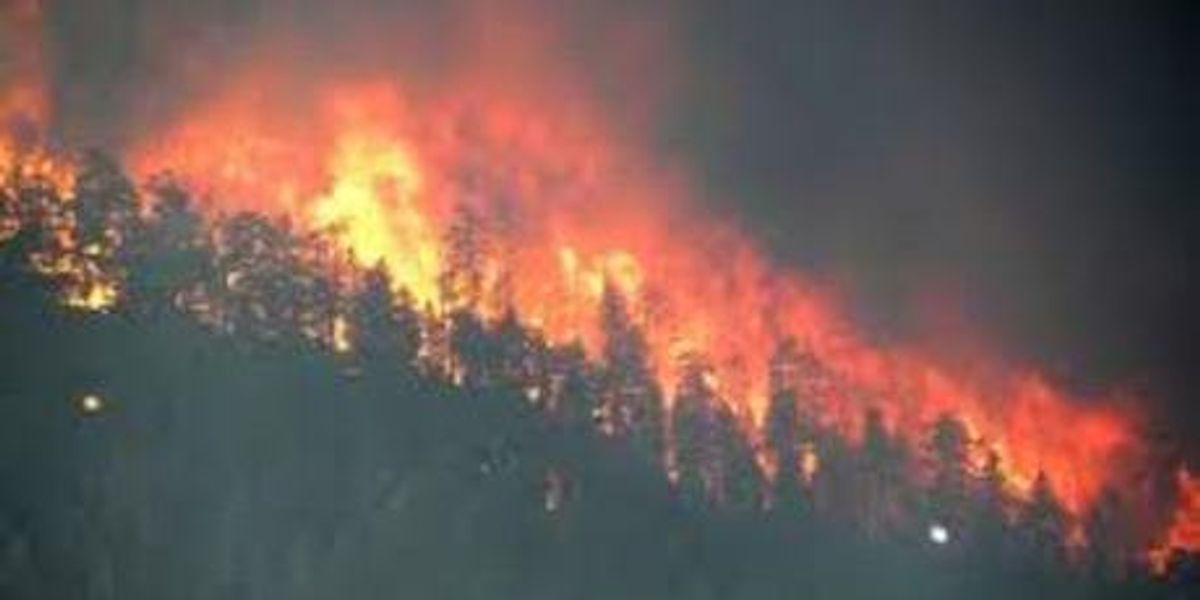The PBS Newshour has posted a interview that Judy Woodruff conducted with Kevin Trenberth, a top modeler at the National Center for Atmospheric Research (NCAR) in Boulder, Colo., on the extreme weather conditions we've been seeing both the U.S. Southwest and, this last weekend, in the Middle West and Mid-Atlantic states.
Referring to the heat and dryness recorded in the Southwest in recent months, Trenberth said “there is no parallel to this." Particularly alarming, he said, was the complete disappearance of mountain snow seen in early June, something ordinarily witnessed only in late August, if then. Normally snow caps lasting into the a summer would reflect light, while water from gradually melting snow would cool the atmosphere, acting as a "great air conditioner." Compounding the absence of snow, Trenberth added, was the survival into the spring and summer of bugs that eat away at trees, making them drier and more vulnerable. All in all, the stage was set for raging wildfires, which came earlier and have been much more concentrated than usual.
Meanwhile, Trenberth continued, evaporation of warmer waters in the Gulf have powered storms like the massive derecho that swept from Illinois to Maryland last Friday night. Don't forget, said Trenberth that the oceans have a strong "memory" of global warming--they store heat and release it in the form of vapor. So altogether, "You look out the window and see climate change in action. This is the way it gets manifested… We're going outside the realm of conditions previously experienced."
This is not the first time we have taken note here of Trenberth's insights and views. Eighteen months ago, Spectrum ran interviews with Trenberth on IPCC reform and a followup addressing the issue of why discussion of climate change gives rise to such vitriol.
In the Newshour piece, Woodruff asked Trenberth about some two thousand U.S. weather records said to have been equalled or broken in the last week. He observed that weather records are constantly being broken. But, he noted, normally, record highs more or less match record lows. A decade ago we began to see highs greatly exceed lows, at the time by a factor of two to one, he said. This year the ratio has been ten to one.



